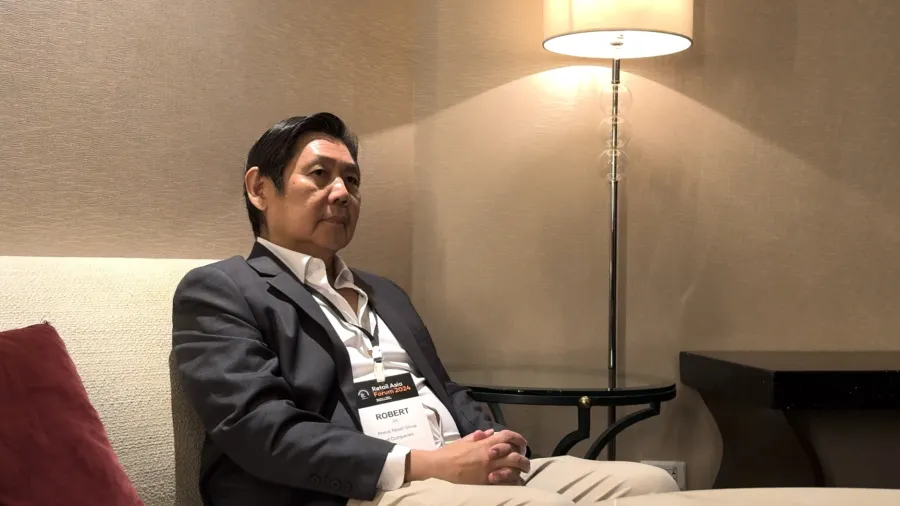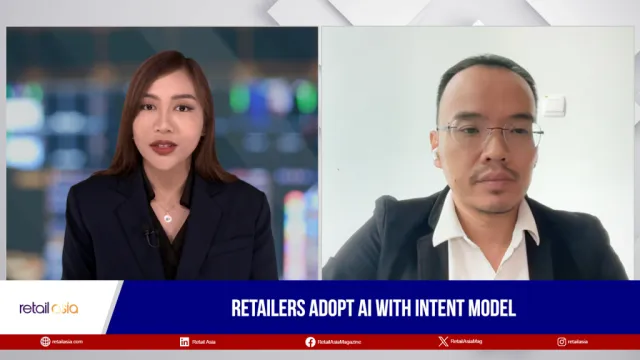
Prince Retail uses AI to meet changing consumer demands post-pandemic
It also focused more on value-driven food products.
Prince Retail has adapted to evolving consumer expectations following the COVID-19 pandemic, where Filipino shoppers have become more cautious and price-conscious.
“During the COVID-19 lockdown, people were forced to stay home and reassess their spending,” Robert Go, CEO of Prince Retail Group of Companies, said at the sidelines of the Retail Asia Forum 2024 in Manila.
“Now, we see that consumers are buying more food but cutting back on non-essential items like cosmetics, clothing, and general merchandise,” he added. “The pandemic has made people more cautious, with a focus on saving money and being more price-conscious. Consumers are looking for affordable options but expect value for their money.”
This shift in consumer behaviour has prompted Prince Retail to align its offerings with these changing demands, focusing more on value-driven food products whilst emphasising affordable brands in other categories.
The company has integrated AI-driven systems to streamline inventory management, pricing, and logistics across its vast network of stores, which spans from Mindanao to remote locations like El Nido and Siquijor.
“AI is crucial for us, especially since we operate in diverse areas,” the chief executive said. “We can’t use the same pricing strategy for every location, so AI helps us tailor prices and optimise our logistics operations. During the pandemic, we even brought in consultants from the UK who worked with us on process changes. Now, our team has taken over the training and is continuously improving operations.”
However, Prince Retail’s shift toward digital innovation has not been without its challenges. Ensuring that their employees can adapt to the complexities of AI-driven systems has been one of the biggest hurdles.
“Our biggest challenge is the people. If our staff can’t adapt to the new systems or input data correctly, the whole process falls apart,” said Go.
“Training is crucial, and it’s an ongoing process. It’s also a logistical challenge, as our consultants are based in Europe, and we have to coordinate with them across different time zones, which can be a hurdle when implementing changes,” he continued.

















 Advertise
Advertise







